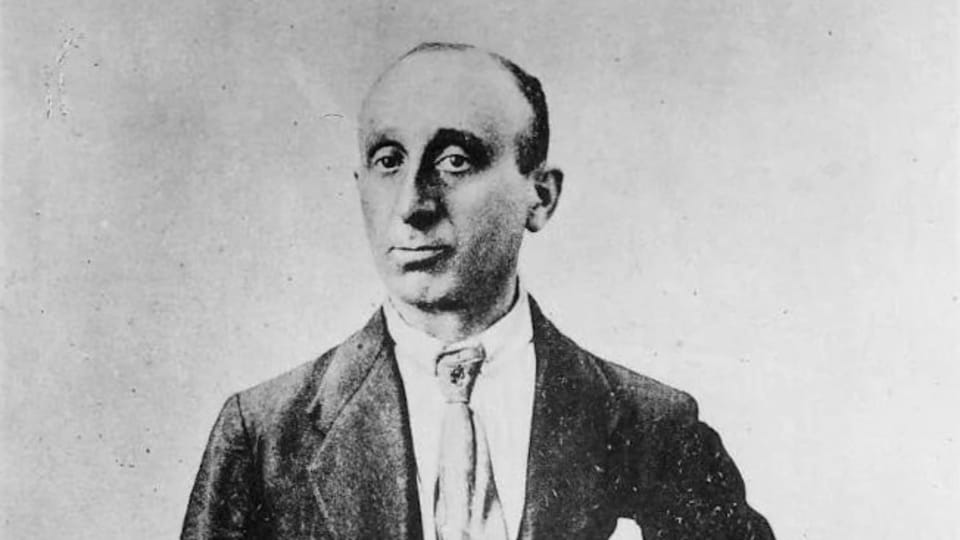
The case of Leopold Hilsner, a Jewish vagrant convicted in 1899 for the ritual murder of a Christian girl, may be on the path to re-examination. It is the first time since 1900 that a review of the case has been ordered in an effort to reopen Hilsner’s infamous trial, which sparked a huge wave of anti-Semitism at the time.
The murder of the 19-year-old seamstress Anežka Hrůzová took place near Polná in South Bohemia, on March 29, 1899. The body was found three days later with a deep cut to the neck, although there was allegedly only a small amount of blood at the scene of the crime.
Easter that year coincided with the Jewish holiday of Passover, and talk of a ritual “blood libel” killing immediately started. Although there were other suspects, the investigation concentrated on Leopold Hilsner, a 22-year-old simple-minded Jewish vagrant. He was arrested without any incriminating evidence due to mounting public pressure and an anti-Semitic press campaign.
He confessed to the charge of murder and named his accomplices while in prison, after fellow inmates told him doing so would save his neck. Hilsner was released from prison shortly before the end of the First World War after serving 18 years of a life sentence, following a pardon by the Austrian Emperor.
See the rest here.
Author: Ruth Fraňková

